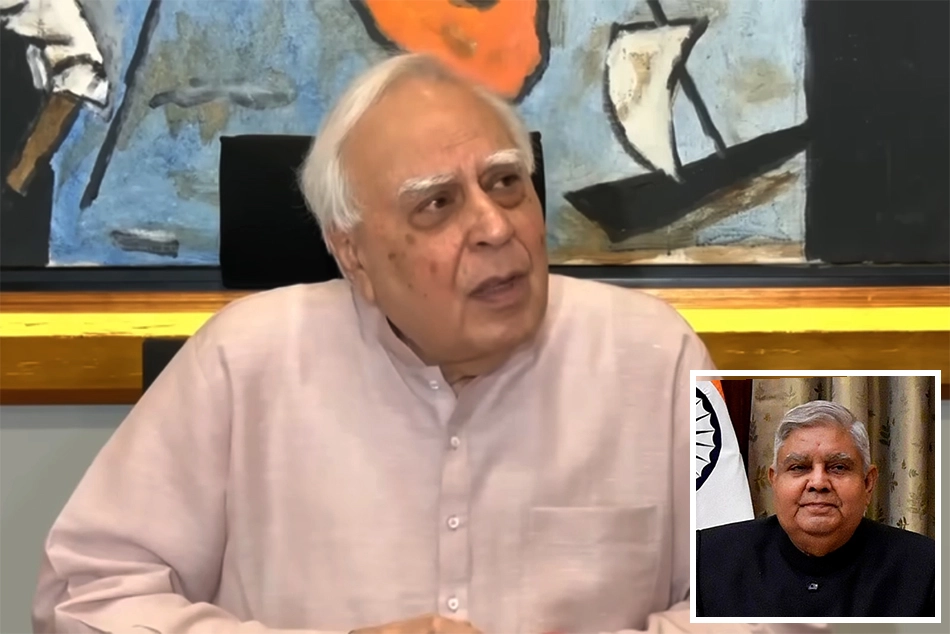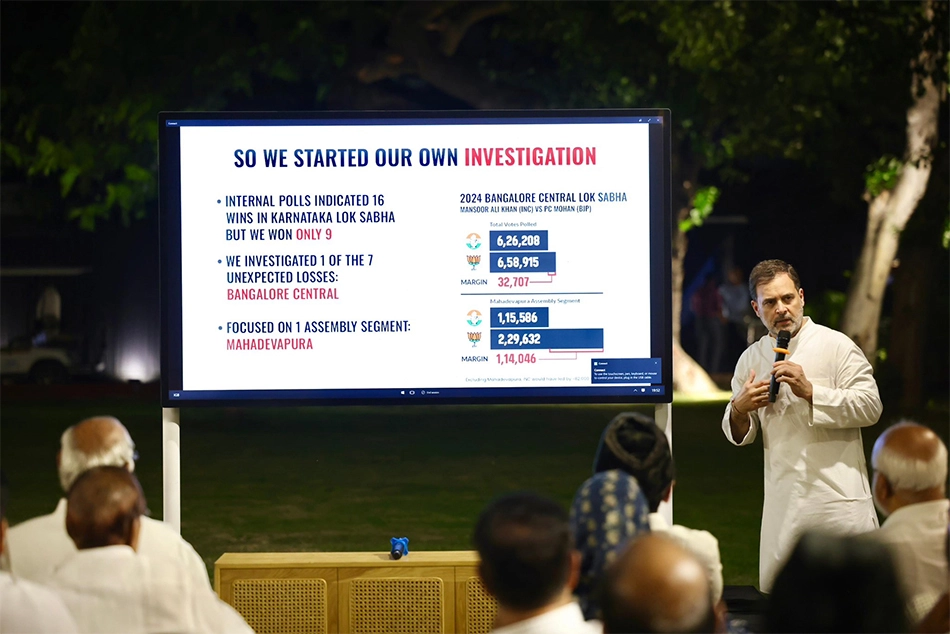
Capital Market Investors Monitor New IPO Opportunities This Quarter
Many are tracking names such as the NSDL IPO, which has generated strong interest among market participants, alongside a list of other upcoming IPO announcements in the pipeline

India's capital markets have seen a notable pick-up in activity as several new companies gear up for their public debuts this quarter.
With a mix of mainboard and SME IPOs scheduled, retail investors, institutional buyers, and market analysts are closely watching how these offerings perform.
Many are tracking names such as the NSDL IPO, which has generated strong interest among market participants, alongside a list of other upcoming IPO announcements in the pipeline.
IPO Momentum Builds in Q3 2025
The July to September quarter of 2025 has been a busy one for the primary markets. According to exchange filings, over half a dozen IPOs are opening between 25–30 July alone. These include Shanti Gold International, Repono, Sellowrap Industries, and Shree Refrigerations — mostly SME players, each offering shares in the ₹26 crore to ₹360 crore range.
While smaller in size, such SME IPOs continue to attract niche interest, particularly from investors familiar with the regional or industrial focus of these businesses.
Shanti Gold International, for example, has priced its issue in the ₹189–₹199 range and aims to raise ₹360.11 crore. The company is reportedly using the proceeds for working capital and expansion. Similarly, Sellowrap Industries and Repono are raising modest amounts but have gained traction with certain long-term investors who understand their operating niche.
Beyond SMEs, there is buzz around larger IPOs expected to hit the market in the coming months — notably Reliance Jio, Zepto, Sahajanand Medical Technologies, and ESDS Software Solutions. These companies have either filed their Draft Red Herring Prospectuses (DRHPs) or are in advanced stages of regulatory approvals.
Spotlight on the NSDL IPO
Among the upcoming IPOs, the NSDL IPO (National Securities Depository Limited) has received considerable attention. As one of India’s key infrastructure institutions in the capital markets ecosystem, NSDL plays a vital role in securities settlement and recordkeeping. Its decision to go public marks a milestone moment for the industry, offering investors exposure to the backbone of the country’s demat infrastructure.
Analysts suggest that demand for the NSDL IPO will likely be robust, as the company has maintained consistent profitability and serves a critical function in the smooth functioning of equity markets. Its offering is being closely tracked by brokers, portfolio advisors, and retail investors who seek long-term bets on financial infrastructure.
Retail Participation and Digital Access
Over the past year, retail participation in IPOs has grown steadily. Improved access to digital platforms, simplified application processes via UPI, and widespread financial education have contributed to this rise. Today, opening a demat account online is often a same-day process, enabling a broader base of investors to consider stock market investments — including IPOs.
Retail investors can apply for IPO shares in the retail quota, which SEBI mandates to be at least 35% of the issue. For high-demand issues, retail investors are allocated at least one lot through lottery if oversubscription occurs. This mechanism has helped create a level playing field and improve public engagement with equity markets.
The current batch of IPOs has seen enthusiastic subscription levels, particularly among younger and first-time investors. Many are tracking upcoming IPO dates using online tools and mobile apps, helping them act quickly when new listings open for subscription.
What’s Driving the IPO Pipeline in 2025?
Several factors have contributed to the growing number of IPOs this year. Firstly, India's economic outlook for 2025 remains stable, with GDP projections of around 6.7% for the year. This has bolstered business confidence and encouraged mid-sized firms to raise capital for growth and debt reduction.
Secondly, capital markets have shown resilience despite global headwinds. The Nifty and Sensex have remained in positive territory in Q2 and Q3, supported by earnings from banking, auto, and tech sectors. This buoyancy has encouraged promoters to list their businesses while valuations remain favourable.
Finally, regulatory support has made it easier for SMEs and startups to enter public markets. The SME platform, in particular, has grown in popularity among firms that want to tap into equity funding without going through the complexities of a large IPO.
Upcoming IPOs to Watch
While some issues have already opened, investors are keeping an eye on high-profile companies expected to list soon. Reliance Jio’s IPO — once confirmed — is likely to be among the most-watched in Indian market history, given its wide consumer base and parent company pedigree.
Other listings such as Zepto and Sahajanand Medical Technologies are drawing attention for different reasons. Zepto represents the new-age retail and delivery tech space, while Sahajanand focuses on medical devices — a sector that has gained attention post-pandemic. These companies are expected to target both institutional and HNI investors, with strong retail interest depending on pricing and business fundamentals.
Institutional Interest Remains Strong
It isn’t just retail investors looking for opportunities. Mutual funds, insurance companies, and foreign portfolio investors (FPIs) are also participating actively in IPOs this quarter. Anchor investments — usually announced a day before the issue opens — have reflected strong confidence in quality names.
In several cases, institutional interest has helped drive up demand in the retail category, especially when listing gains are expected. However, investors are being urged to focus on fundamentals, not just grey market premiums or expected listing day performance.
Investing in IPOs: What to Know
Participating in an IPO involves research. Investors are advised to read the Red Herring Prospectus (RHP) carefully, which includes company financials, risks, promoter holdings, and business outlook. Analysts recommend understanding the firm’s competitive positioning and use of proceeds.
Investors can apply for shares using ASBA (Applications Supported by Blocked Amount) through banks or via broker platforms. The amount is blocked in your account until allotment. If shares are not allotted, the blocked funds are released without any deductions.
A demat account is mandatory to receive the allotted shares. Platforms like NSDL and CDSL allow easy tracking of demat accounts, holdings, and corporate actions. For those new to investing, many brokers offer IPO-ready demat accounts with minimal paperwork and no annual charges for the first year.
Final Thoughts: Capital Markets Stay Active
As we move through Q3 2025, the energy in India’s primary markets is clearly visible. From niche SME players to major industry names like Reliance Jio and NSDL, there is no shortage of listings to watch. The broadening base of investors — supported by digital platforms and improved financial literacy — has made IPO investing more inclusive and dynamic.
With strong demand, a stable economic backdrop, and an encouraging regulatory environment, the IPO wave is expected to continue into the next quarter. For investors willing to do the groundwork and track the right upcoming IPO, this could be an opportune period to explore fresh equity opportunities — especially in names like the NSDL IPO, which offer both relevance and reliability.
Follow ummid.com WhatsApp Channel for all the latest updates.
Select Language to Translate in Urdu, Hindi, Marathi or Arabic







